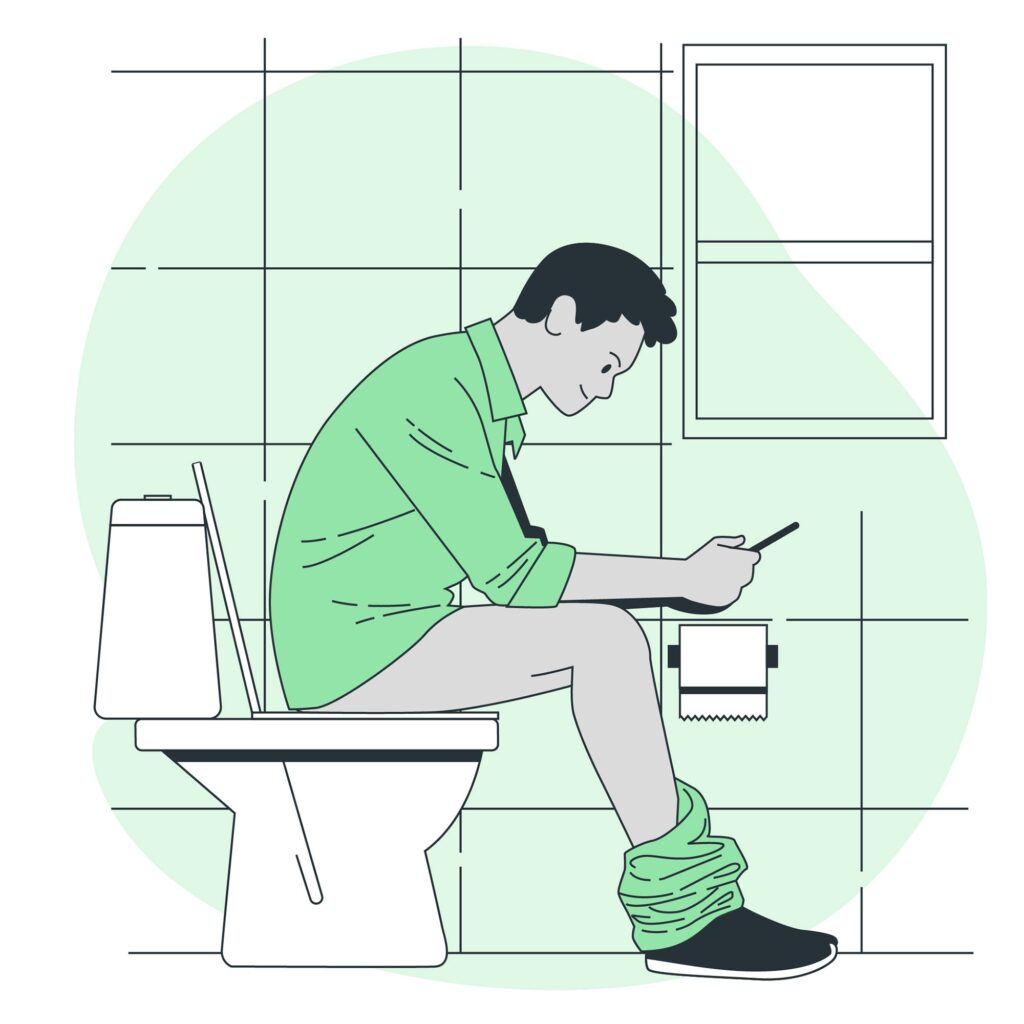Kidney and Urinary Tract Stones
Kidney and Urinary Tract Stones

Kidney and Urinary Tract Stones (Urolithiasis) are mineral and salt deposits that form in the kidneys, ureters (urinary tubes), or bladder. This condition can significantly affect the quality of life due to its painful symptoms. With proper diagnosis and treatment, you can safely restore your health. In this article, you will learn about the symptoms, causes, treatment options, and prevention of kidney stones.
What Are Kidney Stones?
Kidney stones form due to excessive accumulation of substances like calcium, oxalate, or uric acid in the urine. Normally, these substances are excreted through urine, but they may crystallize and turn into stones under certain conditions.
Causes
• Insufficient fluid intake: Drinking less water increases the concentration of minerals in the urine.
• Dietary habits: High consumption of protein, salt, and sugar is a risk factor.
• Genetic predisposition: A family history of kidney stones.
• Chronic diseases: Diabetes, gout, and obesity.
• Urinary tract infections: Can lead to struvite stones.
Symptoms
Symptoms vary depending on the size and location of the stone:
• Severe, wave-like pain in the back and sides.
• Blood in the urine (hematuria).
• Nausea and vomiting.
• Burning sensation and pain during urination.
• Fever and chills (if infection is present).
• Frequent urination with a small volume of urine.
Types of Stones
1. Calcium Stones: The most common type, usually formed from calcium oxalate.
2. Uric Acid Stones: Associated with a protein-heavy diet.
3. Struvite Stones: Formed due to infections; they grow large and rapidly.
4. Cystine Stones: Result from cystinuria, a genetic condition.
Diagnosis
1. Physical examination and medical history: Detailed assessment of symptoms.
2. Imaging techniques:
• Ultrasound: First choice.
• Computed tomography (CT): Provides more detailed imaging.
• X-ray: Used to locate larger stones.
3. Blood and urine tests: To determine the type of stone and its causes.
Treatment Options
1. Medications and Lifestyle Changes (Conservative Management)
• Increase fluid intake: Drinking 2–3 liters of water daily can help flush the stone.
• Pain relievers: Ibuprofen, acetaminophen, or other NSAIDs.
• Stone-expelling medications: Drugs like alpha-blockers to relax the ureters.
2. Medical Procedures
• ESWL (Extracorporeal Shock Wave Lithotripsy): Breaks stones into small fragments.
• Ureteroscopy: Removes stones via the ureter.
• Percutaneous Nephrolithotomy (PNL): For large stones, involves a small incision in the kidney.
• Laparoscopic or open surgery: Rarely needed.
3. Antibiotics for Infection Treatment
Sometimes stones are accompanied by infections, requiring antibiotic treatment.
• Use only as prescribed by a doctor: Antibiotics are effective only for bacterial infections. Misuse can harm your body.
• Take regularly and on time: Set alarms to avoid missing doses. Skipping doses can delay recovery.
• Missed doses: Take the missed dose if there’s a significant gap before the next one. Do not double up doses.
• Complete the course: Even if you feel better, finish the full prescribed duration to prevent recurrence and resistance.
Home Remedies for Supportive Care
• Hot water bottle: Helps alleviate pain.
• Lemon water: Citric acid may prevent stone formation.
• Light exercise: May aid stone movement.
Prevention of Kidney Stones
1. Stay hydrated: Aim to drink 2–3 liters of water daily.
2. Balanced diet:
• Limit salt intake.
• Avoid excessive consumption of oxalate-rich foods (e.g., spinach, chocolate).
3. Exercise regularly: Keeps your metabolism active.
4. Avoid obesity: Being overweight increases the risk of stone formation.
5. Periodic check-ups: Especially if you have a history of stones.
Connection Between Kidney Stones and Infections
Kidney stones often coexist with urinary tract infections (UTIs). Struvite stones, in particular, are infection-related and can increase the risk of recurrent infections. Stones can block urine flow, allowing infections to spread, potentially leading to kidney damage and severe complications.
Symptoms of UTI
• Frequent urination with low output.
• Burning sensation and pain during urination.
• Foul-smelling or cloudy urine.
• Lower abdominal pain and pressure.
• Fever and chills (in severe cases).
For more information, refer to our article on Urinary Tract Infections.
When to Seek Emergency Care
• Severe, unbearable pain.
• Visible blood in the urine.
• Fever and infection symptoms (chills, high fever).
• Inability to urinate or reduced urine output.
• Confusion or extreme fatigue.
Medication Side Effects
Allergic Reactions
• Symptoms: Itching, rash, swelling of the face/lips, difficulty breathing.
• What to do: Stop the medication and seek immediate medical attention if severe.
Side Effects
• Pain relievers: Nausea, indigestion.
• Antibiotics: Diarrhea, yeast infections.
• Stone-expelling medications: Dizziness, low blood pressure.
Prevention Tips
• Inform your doctor about any previous medication allergies.
• Monitor for side effects and consult your doctor if necessary.
• Use medications only as directed.
Seek medical help immediately for severe reactions.
Conclusion
Kidney and urinary tract stones are common health issues that can affect your quality of life. However, with proper treatment and lifestyle changes, this condition can be managed effectively. If you experience symptoms, consult your doctor promptly for timely treatment. Stay healthy!



